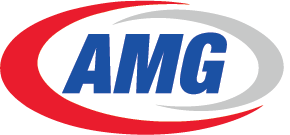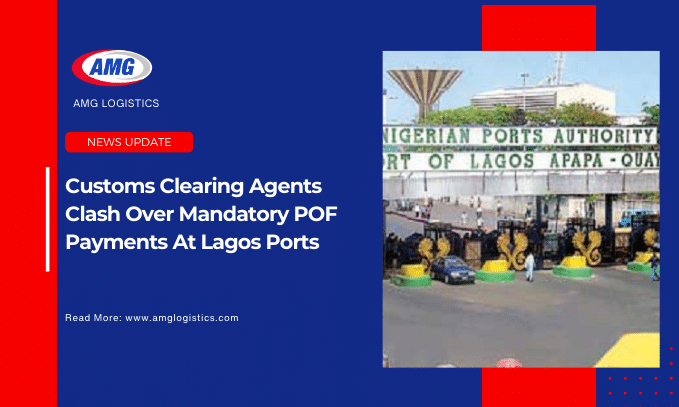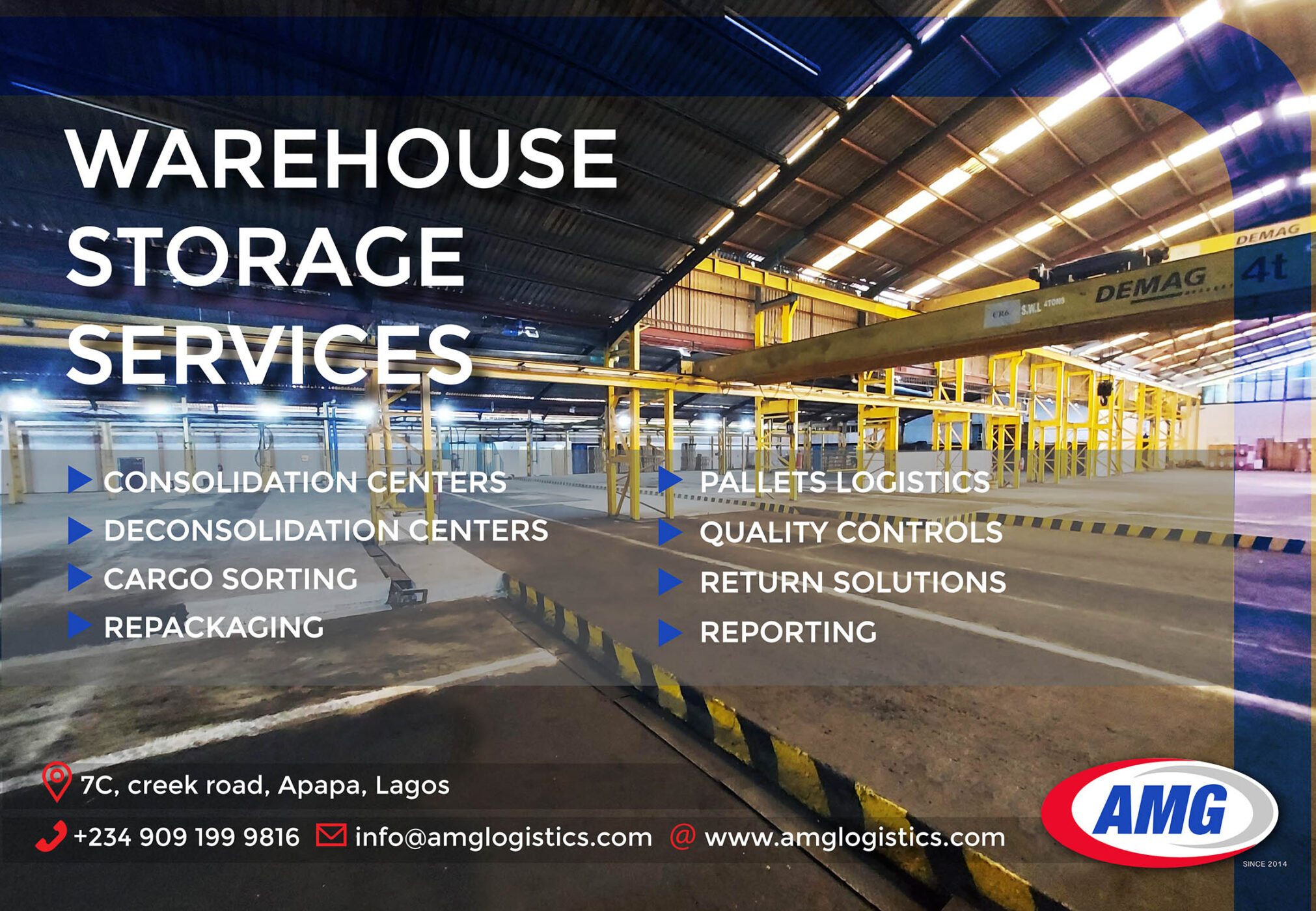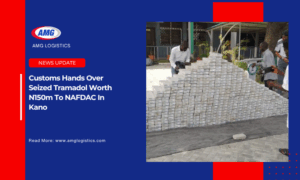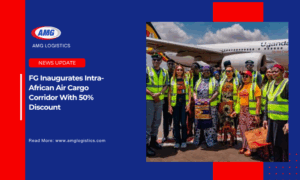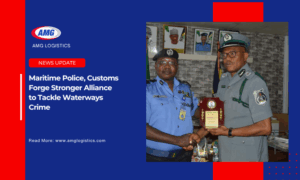Customs clearing agents in Lagos ports are locked in a heated dispute over the mandatory payment of the Practitioners Operating Fee (POF), with some complying with the regulation, while others openly boycott the payment.
These disagreements have caused a rift among customs clearing agents, highlighting contrasting interpretations of the legal framework governing freight forwarders and licensed customs agents.
The issue centers on whether the POF, a statutory charge, should be paid by licensed customs agents or freight forwarders under the Council for the Regulation of Freight Forwarding in Nigeria (CRFFN).
The divide, our correspondent gathered has sparked tensions among agents, raising concerns about the uniformity of compliance and its impact on port operations.
The POF is a statutory payment which has been gazetted by the Federal Government, and it is already being paid at the seaports. The POF is a legal practicing fee of N1,000 and N2000, which must be paid for the 20ft and 40ft containers respectively before the cargo can exit the ports.
Shipping Position Daily recalls that the Former Minister of Finance, Budget and National Planning, Zainab Ahmed had in a letter dated January 6, 2020, gave the approval for the commencement of the collection of Practitioners Operating Fee at the nation’s seaports by CRFFN.
Speaking with our correspondent last week, the Apapa Chapter Secretary of the Lucky Amiwero-led faction of the National Council of Managing Directors and Licensed Customs Agents (NCMDLCA), Mr Humphrey Okwuosa expressed his group’s refusal to pay the POF, citing ongoing legal disputes between the NCMDLCA and the CRFFN.
Okwuosa argued that the law establishing the CRFFN pertains to transport and freight forwarders, not licensed customs agents. According to him, the 2023 Customs Act explicitly empowers only licensed customs agents to engage in clearing and tariff interpretation, making them exempt from the CRFFN’s authority.
“We don’t pay because the law that establishes the CRFFN is for transport and freight forwarders, not for licensed customs agents. We are in court with them, and no judgment has been given yet. So, until the court decides, we won’t subject ourselves to their umbrella.” said Okwuosa.
Reacting to the fact that members of the Association Nigerian Licensed Customs Agents (ANLCA) comply with the POF payments, Okwuosa stated: “Yes, ANLCA chose to pay because they are subject under CRFFN from every indication unlike us. So, until the matter in the court is cleared on the status of CRFFN, we are not paying. So that is it”.
In contrast, Secretary General of the other faction of NCMDLCA, Mr Festus Ukwu noted that members of his group comply with the mandatory payment of POF. He however added that the compliance level is currently low at Lagos ports, citing the economic situation and reduced cargo traffic as major factors behind the issue.
Mr Ukwu informed that while some agents, especially those handling cargo for multinational companies, continue to pay the POF, the majority are failing to comply.
“Due to the situation of the country coupled with the fact that there is not much cargo traffic, the compliance level is very low. We are trying to manage the little we have. We pay POF most especially for the multinationals but most people don’t comply. Currently, there is not much compliance. The Compliance level is very low” Ukwu explained.
Also speaking, the Deputy National President of the National Association of Government Approved Freight Forwarders (NAGAFF), Mr Simeon Nwonu acknowledged that while some agents choose to pay, others evade the payment, underscoring the lack of uniform compliance in the industry.
According to Nwonu, the inconsistency in adherence to the payment regulation reflects a broader issue of non-compliance with laws in Nigeria. He further explained that some individuals responsible for taking delivery of cargoes at the ports often find ways to dodge the POF, taking advantage of loopholes or lax enforcement.
“Yes, still pay for the POF. But you know, some people pay while some don’t pay. You know in Nigeria, when there is a law, not everybody will be compliant, and not everybody will be obedient. You will still see people who will contravene the law. Some of these boys taking delivery of cargoes in the ports often find their way to dodge and go” Nwonu noted.
Further adding his voice to the issue, the National Secretary of the Association of Registered Freight Forwarders of Nigeria (AREFFN), Mr Frank Obiekezie maintained that at Tin Can and Apapa Ports, POF payment remains mandatory for cargo clearance.
Obiekezie emphasized that agents who refuse to pay face operational hurdles, as terminal operators won’t allow the exit of cargo without proof of payment. He expressed shock that some freight forwarders still clear their cargo out of the port without paying POF.
“The POF is statutory, especially at Tin Can and Apapa Ports. If you don’t pay, the terminal will not exit your cargo from the port. We were never informed that some agents are exempt from this requirement.” Obiekezie stressed.
